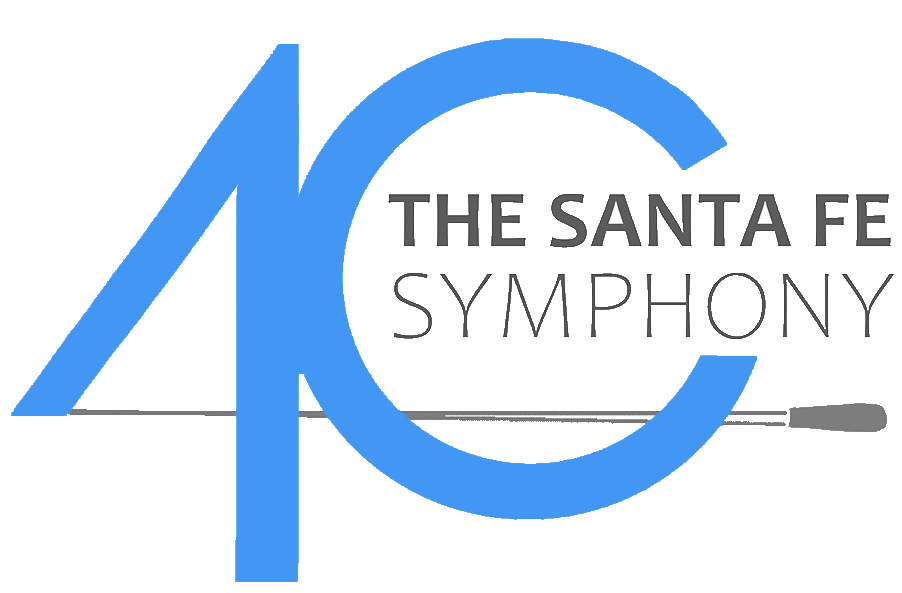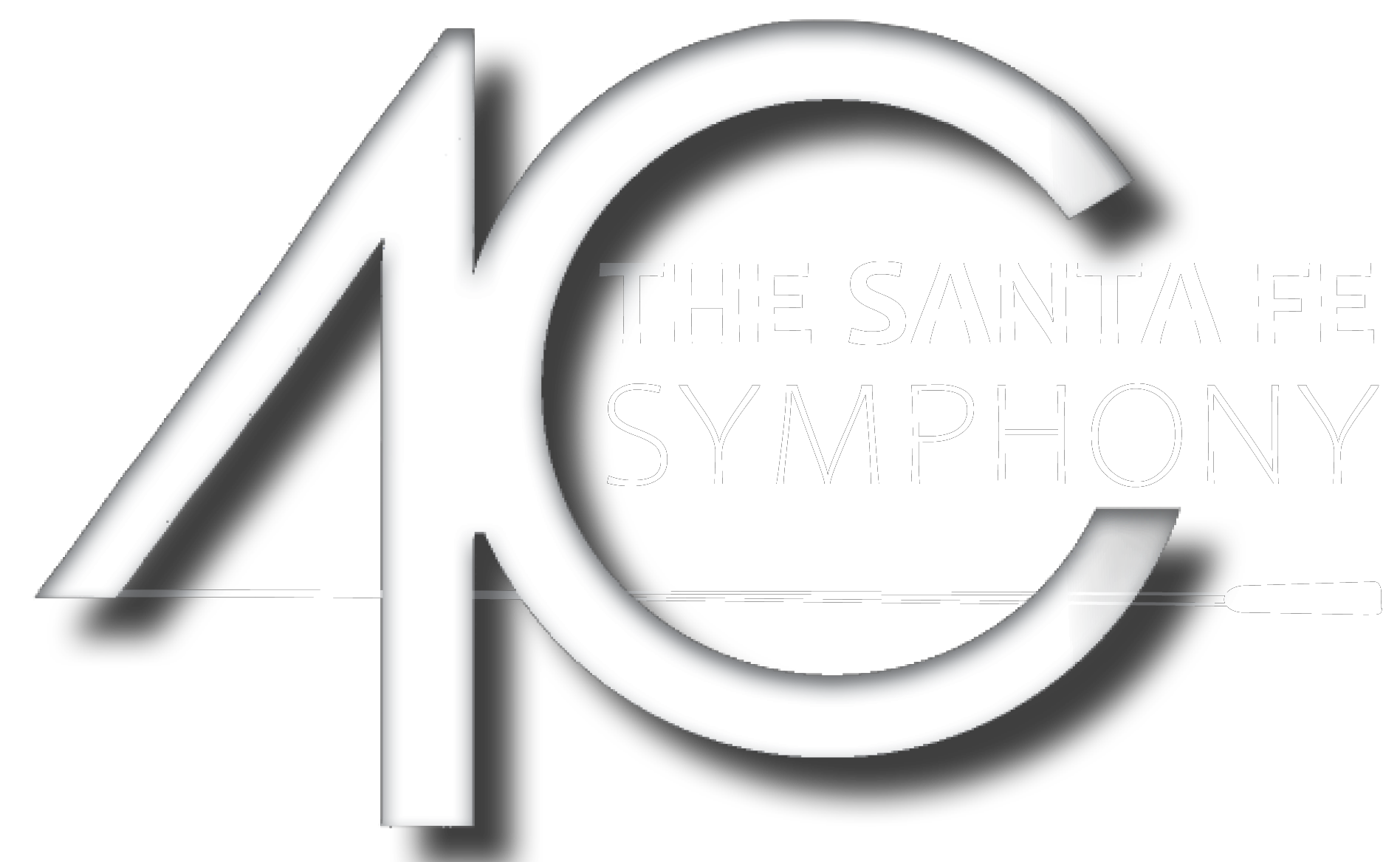Program Note | Handel’s Messiah
Saturday, Nov 18, 2023 / 7:00 pm
Sunday, Nov 19, 2023 / 4:00 pm
 GEORGE FRIDERIC HANDEL
GEORGE FRIDERIC HANDEL
Born 1685, Halle, Germany
Died 1759, London
Messiah
Throughout most of the 1730s, George Frideric Handel was London’s most prominent and successful musician. Renowned for his string of hit Italian operas, he enjoyed royal patronage and public acclaim. By the end of the decade, however, the popularity of Italian opera in London had dwindled considerably. Craving something in their native tongue, the British public grew tired of the antiquated conventions of this theatrical entertainment.
In the late summer of 1741, William Cavendish, Duke of Devonshire and Lord Lieutenant of Dublin, invited Handel to present a series of concerts in Ireland to benefit local charities. The timing of the invitation was propitious. Handel needed to regroup and reconsider plans for his London series, and getting out of town for a while seemed a good idea.
However, before leaving for Ireland that fall, Handel composed Messiah in London in a mere 24 days, completing it on September 14. He had little or no idea of the quality, disposition, or experience of the performers with whom he’d be working in Dublin. Therefore, when he arrived in Dublin in November 1741, he changed the work to suit the particular abilities of his cast, and never did perform Messiah exactly as he’d written it the previous fall.
In fact, each time he prepared a performance of Messiah, Handel changed it to accommodate the specific abilities of the singers. Sometimes he changed things slightly—simply transposing an aria from one key to another to fit the range of a singer. Other times, he reassigned arias to different voices either because he had a different mix of soloists, or because he had a guest star he wanted to feature. Sometimes he recomposed movements altogether. While some patterns emerged over time, we cannot determine with certainty that Handel favored one version over the others. In all, there are at least 10 different arrangements of the score, with 15 individual movements existing in at least 43 different versions. Messiah is scored for oboes, bassoons, trumpets, timpani, strings, harpsichord, soloists and chorus.
Handel presented 12 concerts in Dublin before unveiling Messiah in the spring. The work was first presented to the public in an open dress rehearsal on April 9, 1742, and the first performance took place at noon on Tuesday, April 13, in the New Musick-Hall in Fishamble Street. The normal capacity of the Musick-Hall was 600 people, but the Dublin Journal reported a crowd of at least 700. Such was the excitement about the new work that a Journal article admonished women to “come without hoops” and men to “come without swords” so that more people could be crammed in.
The event was an unqualified artistic and financial success, drawing great reviews and making it possible for 142 people to be released from debtor’s prison. Handel waited a year before presenting Messiah in London. Seven years later, in 1750, he came upon the idea to perform the oratorio as a fundraiser for the Foundling Hospital. Annual performances have continued in London and around the world ever since.
—Program Note by Tom Hall

